Getting your house prepared for winter can save you money, keep you comfortable, and keep the pests out. Here are some things you can do to help your home withstand the wrath of Old Man Winter.
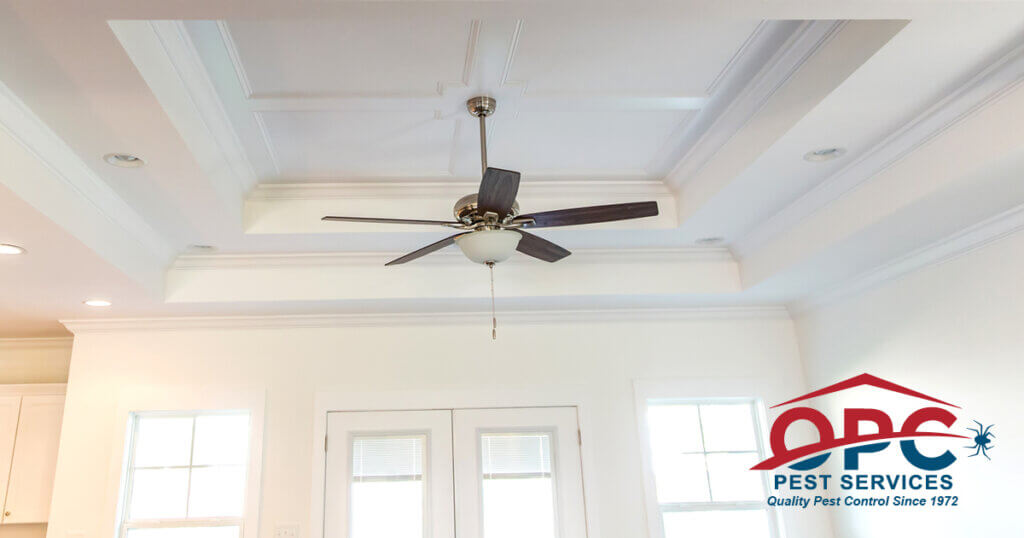
Reverse Your Fans
Turning your ceiling fans clockwise can save you money on heat because it stops warm air from rising and keeps it where you want it – surrounding you and your family. Most ceiling fans have a switch that you simply flip to reverse its direction. If the switch isn’t easily accessible on the fan, it may be somewhere inside.
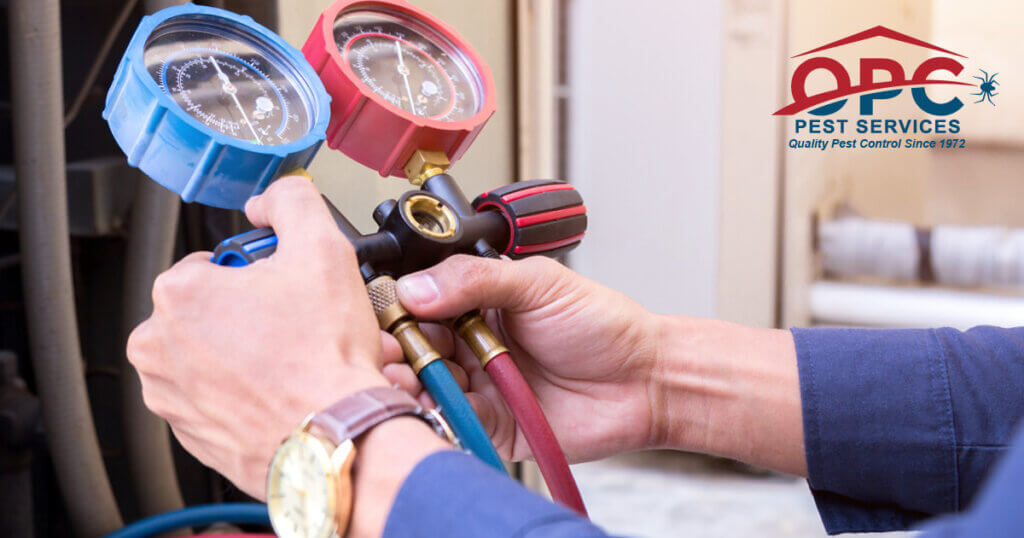
Have Your HVAC Inspected
Most heating and cooling systems last about 12 to 15 years, but some can die in as few as 10 years. Others can last as long as 20 years. How long yours will keep going has a lot to do with maintenance. In addition to changing your filters, have a licensed contractor inspect your system, and make any necessary repairs before the temperatures start to drop.
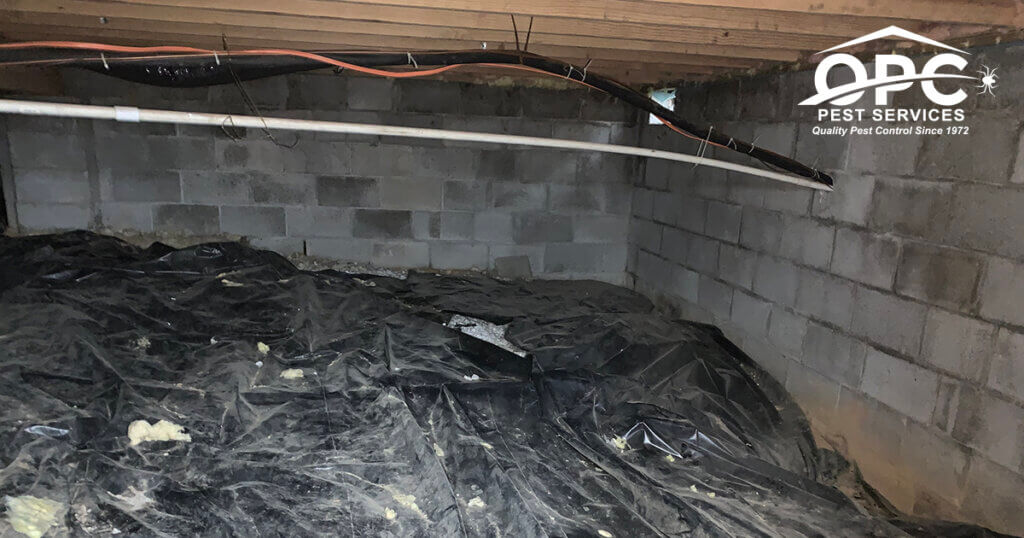
Check for Moisture in Your Crawl Space
Moisture in your crawl space may seem harmless, but it can cause a lot of structural damage to your home. It can cause your construction timbers to fail and contribute to favorable conditions for termites, ants, spiders, rodents, and more. Here are some other things that can result from moisture in your crawl space:
- Uncomfortable conditions, like excess humidity and unpleasant, musty odors
- Damage to hardwood floors, such as buckling
- Condensation on insulation, ductwork, piping, and cables
- Unhealthy air that affects those with allergies
To have your crawl space inspected, call the professionals at OPC for a free inspection.
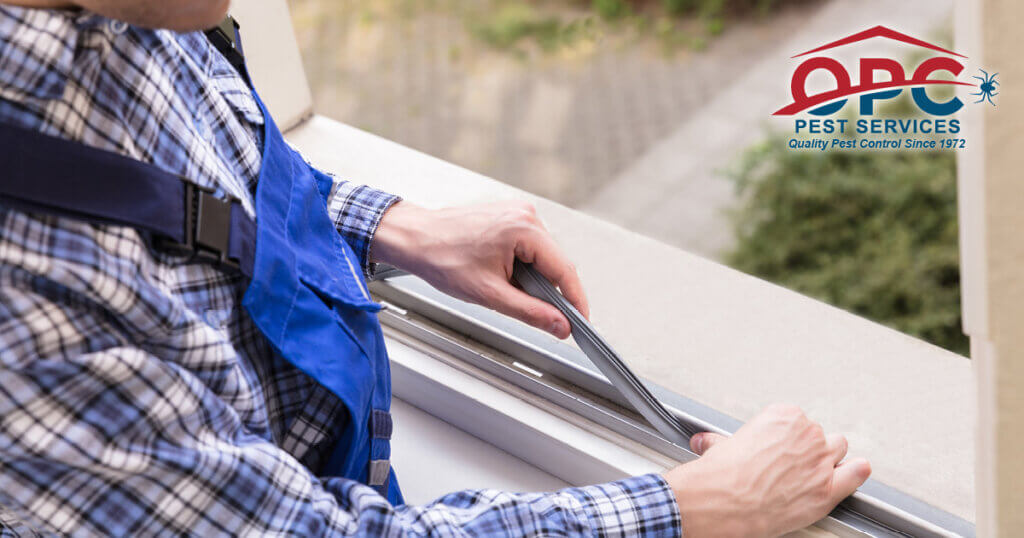
Check For Air Leaks
If you don’t want to see your heating costs skyrocket and your comfort level take a dive, check for any air leaks around windows and doors, including cracks in caulking or weatherstripping. If necessary, replace any cracked caulk or weatherstripping.
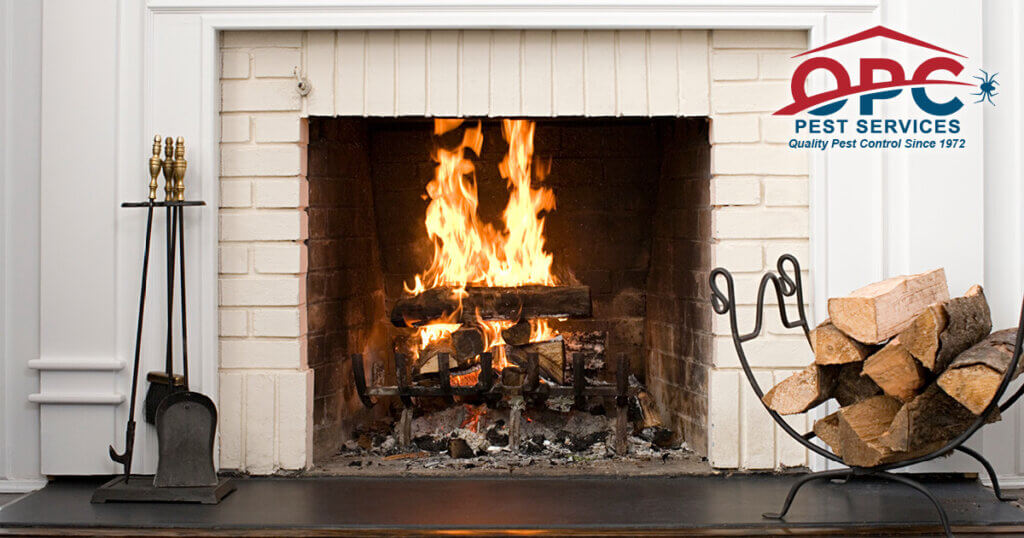
Check Your Fireplace and Chimney
Winter is fireplace season, so before you head out to the woodpile (located away from the house, of course) or crank up the gas, make sure your fireplace is safe and ready to go. Check for bird nests and overhanging trees near your chimney. Also, inspect to see if there are any missing or crumbling bricks on your chimney. It’s best to have your chimney professionally inspected to make sure there isn’t a buildup of creosote.
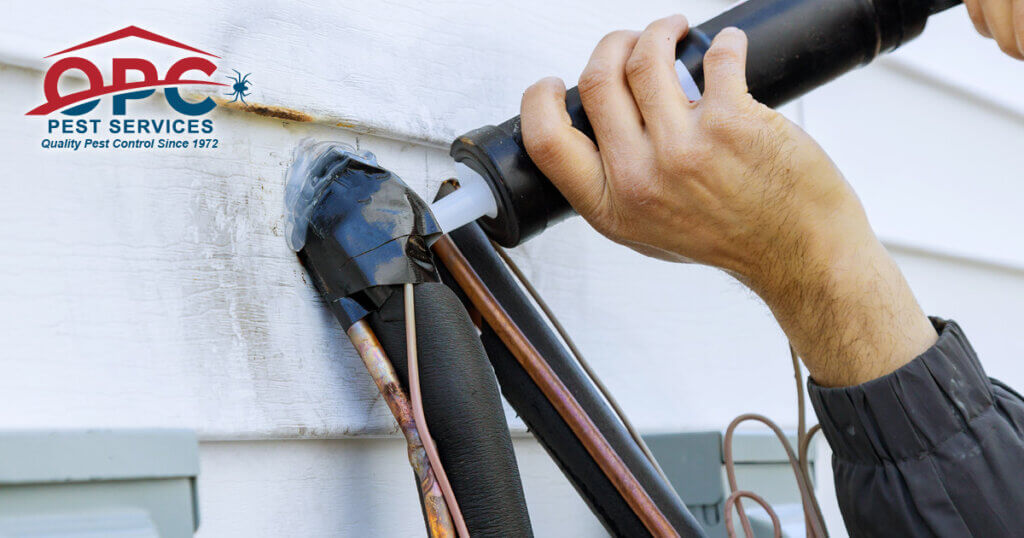
Seal Any Cracks Or Crevices
Seal any openings, cracks, or crevices in your house (both inside and out) to prevent pests seeking warmth from coming inside. If you need help or would like a free estimate, call OPC and we’ll send over one of our licensed and insured professionals.
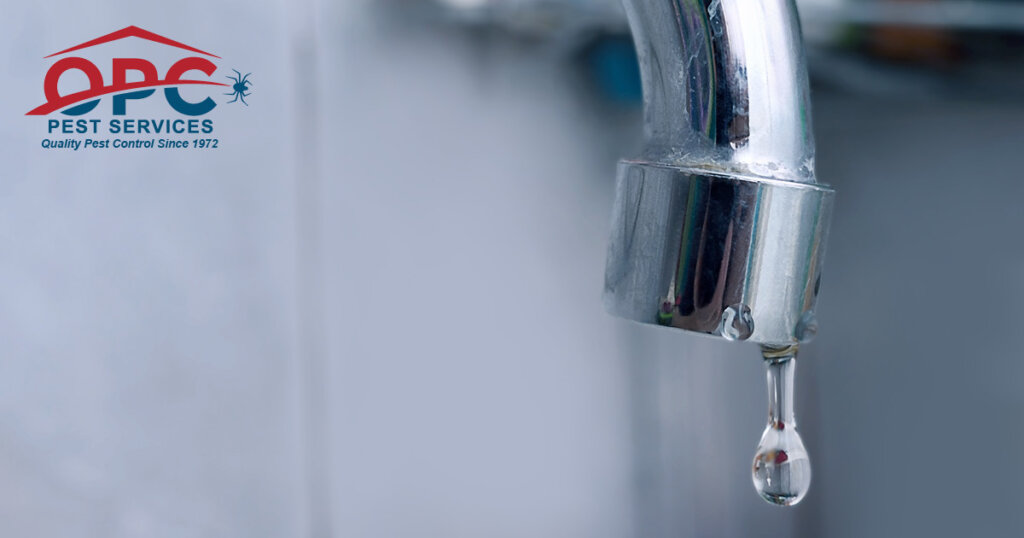
Prepare Your Pipes for the Cold
Inside your house, prevent any water issues by insulating water pipes exposed to freezing temperatures. Pipes that border an exterior wall have the greatest freezing potential, so insulate them with a towel or other piece of cloth. In extremely cold weather, the water lines should be opened slightly to allow water to drip slowly into an indoor sink, which encourages water flow and makes freezing pipes less likely to occur.
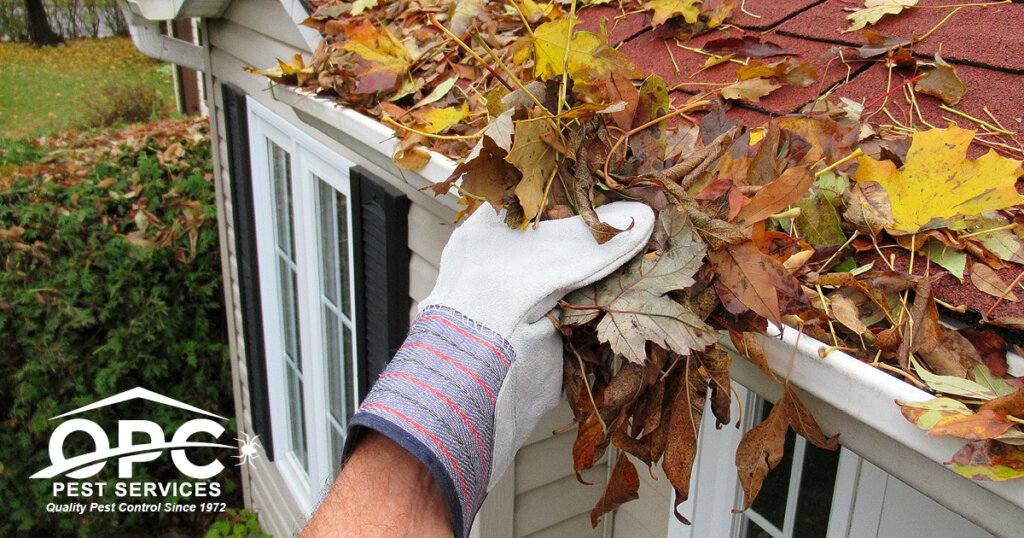
Clean Your Gutters
When your trees are down to their last leaves, it’s time to clean your gutters. When your gutters back up, they can overflow, which allows water to run down the sides of your home. This can speed up the deterioration of your exterior. It can also cause water to leak into your basement, which leads to all kinds of problems. Call OPC, and we’ll inspect your gutters for free and, if needed, our professionals can clean them out and install gutter guards.
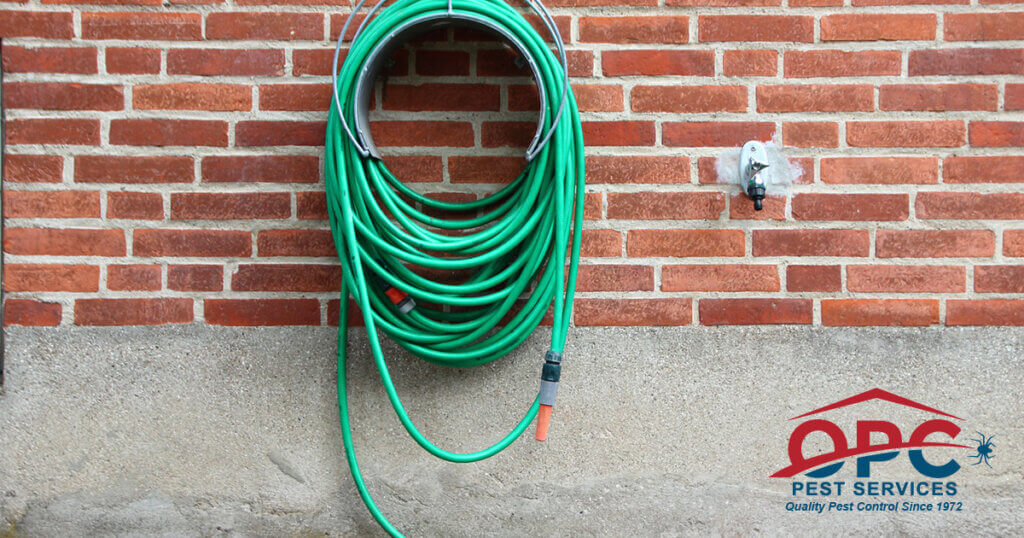
Secure Outdoor Water Sources
Drain and store any garden hoses or sprinklers before the cold weather sets to keep them from freezing and bursting. For hose bibs, shut off the water supply valve that feeds the line, then open the spigot to allow any water that’s inside to drain out.
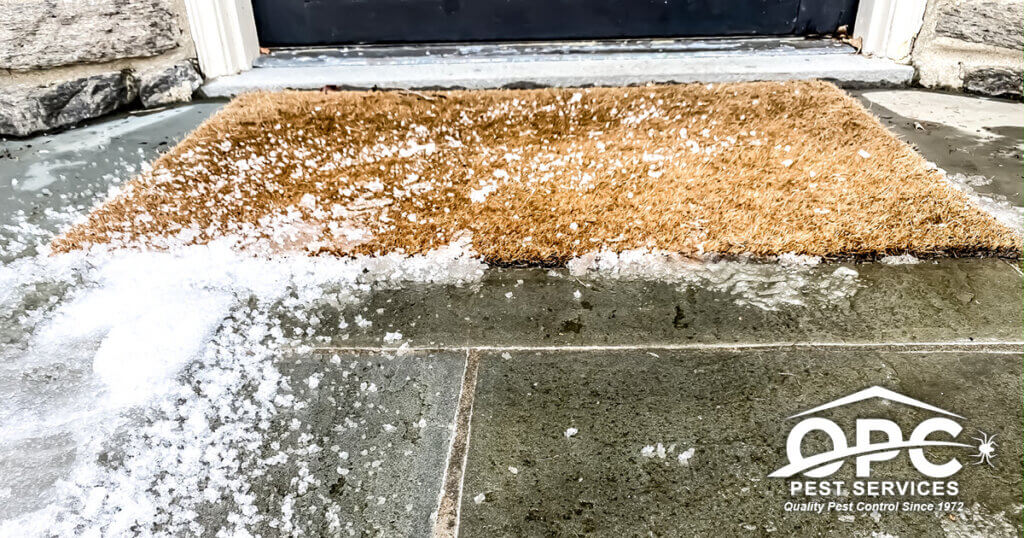
Protect Entryways
When the snow starts falling, make sure to have mats inside and outside the door to allow those entering to clean their shoes. Otherwise, you may experience damage to your entryway floors.
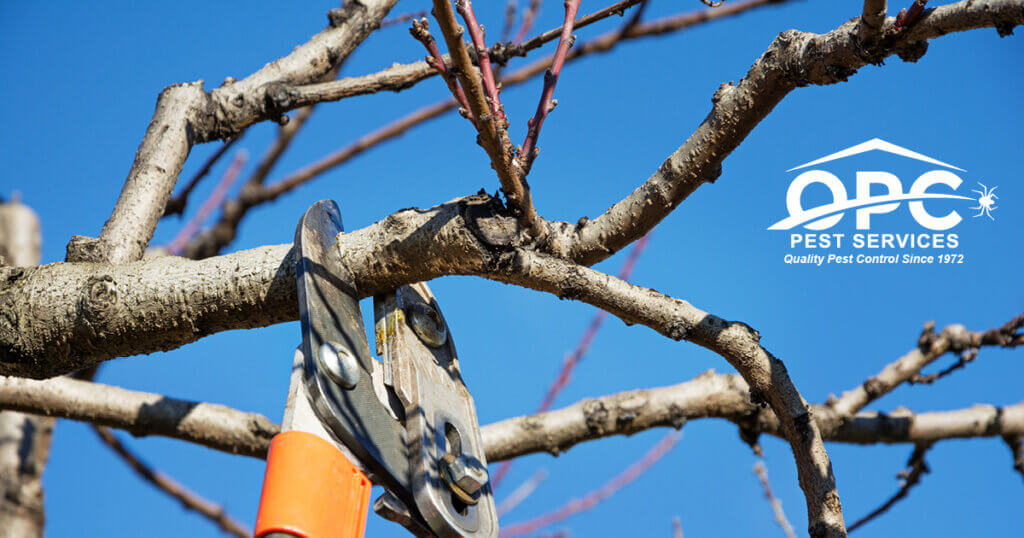
Trim Tree Limbs
Have your trees inspected by a professional to locate any dead tree limbs, which should be removed to avoid damage to your home during a winter storm.
More Questions About Winterizing Your Home?
If you want to learn more about what you can do to protect your home this winter, or would like to have one of our professionals help you out, contact us today at (800) 964-PEST and set up a FREE estimate today!